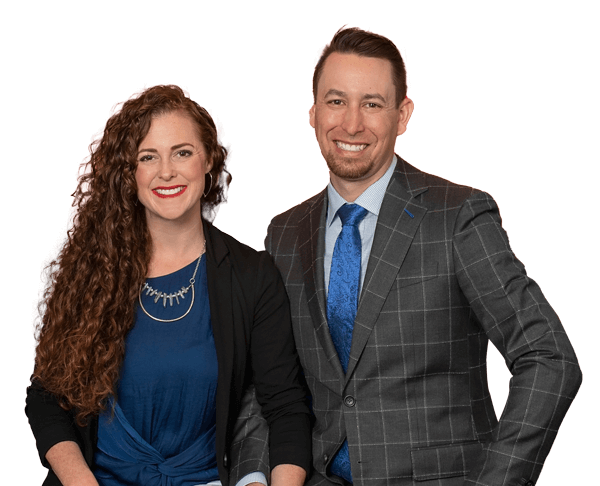
Car accidents happen all of the time. Some people are lucky enough to only suffer minor cuts and bruises from car accidents, but many end up with severe injuries that can lead to permanent disabilities and death.
It may be important to understand what kind of injuries people suffer from after car accidents. Here are some of the most distressing:
A concussion is a traumatic brain injury. People often suffer concussions after having their head hit or struck in a sports, slip-and-fall or auto accident. People who suffer from concussions often feel dizzy and light-headed and develop post-concussion syndrome such as headaches, memory loss and balance issues, which may last for several months.
A car accident survivor may suffer from blunt force trauma. The blunt force trauma could lead to ruptured blood vessels that cause internal bleeding. Internal bleeding could severely damage internal organs. For example, a hit to the head could cause the brain to bleed, which could damage cells and cause migraines, seizures and memory loss.
Not all car accidents cause physical injuries. Many car accidents cause people to develop psychological injuries, such as post-traumatic stress disorder. Post-traumatic stress disorder often develops after people witness traumatic accidents, which can lead to anxiety and depression. A driver may develop post-traumatic stress disorder, for example, if they witnessed a passenger die in an accident.
The spine is made up of vertebrae, each with discs of flexible tissue that help absorb shock. In a car accident, a victim could suffer a blow to the back that damages the rubbery discs between the vertebrae, causing a herniated disc. Herniated discs can hurt and make it hard for people to flex their spine.
People suffering from medical conditions after car accidents often have to understand their legal options to get compensated for their medical bills.

Attorney Advertising | Prior results do not guarantee a similar outcome. The information on this website is for general information purposes only. Nothing on this site should be taken as legal advice for any individual case or situation. This information is not intended to create, and receipt or viewing does not constitute, an attorney-client relationship. This site is protected by reCAPTCHA and the Google Privacy Policy and Terms of Service apply.